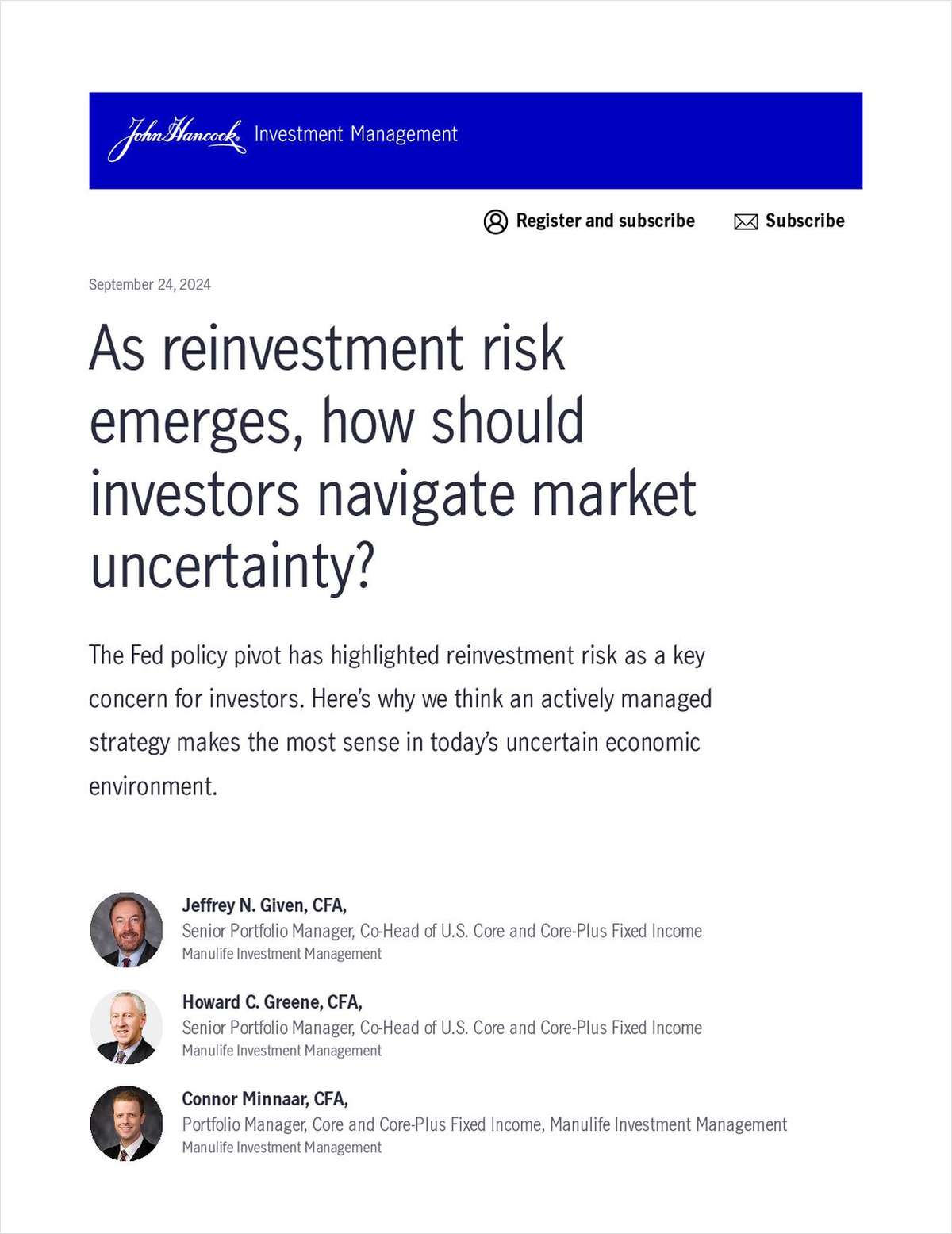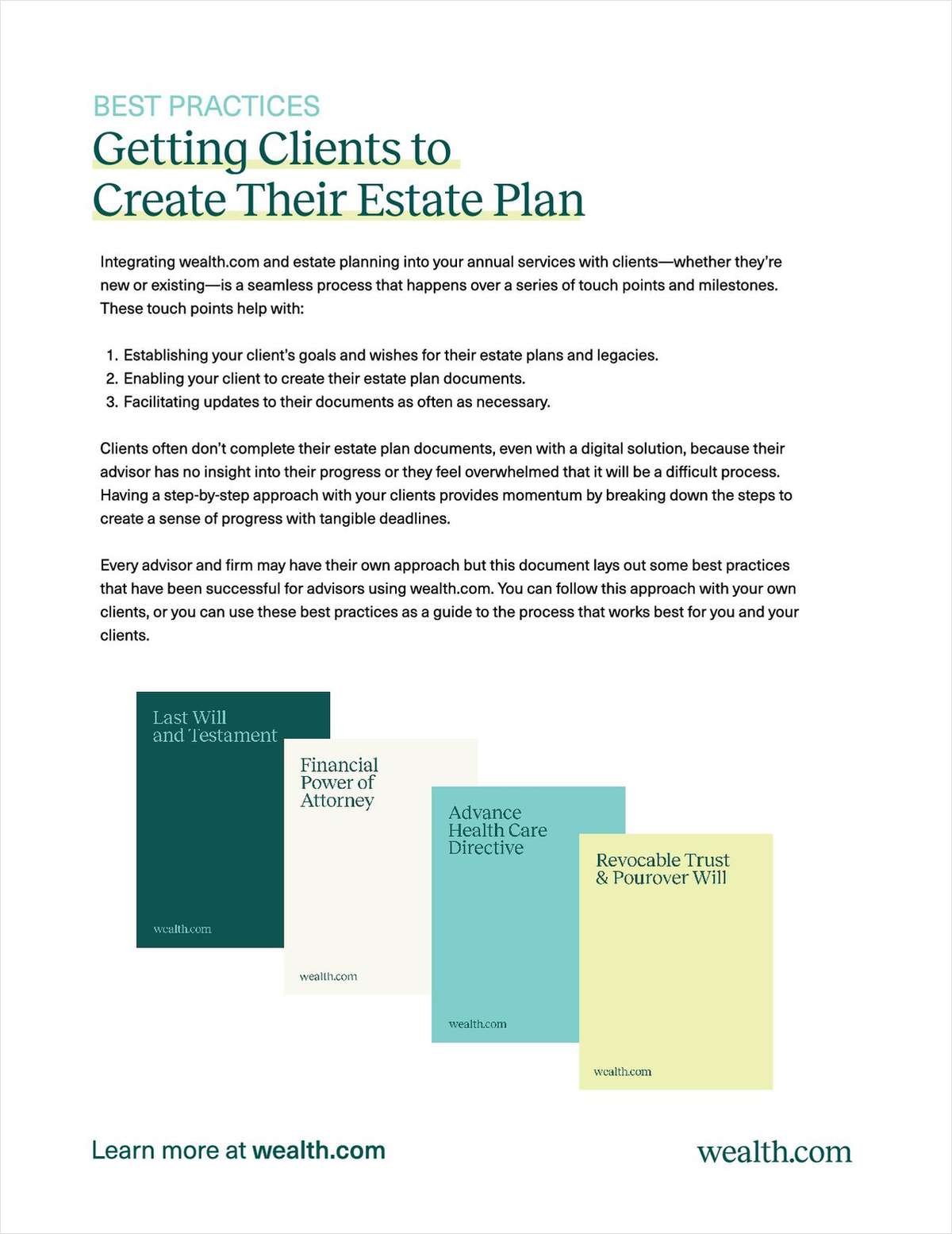Was Jamie Dimon right when he challenged Ben Bernanke during a Q&A on June 6 following the Fed chairman's speech in Atlanta that too much regulation in response to the financial crisis was holding back economic growth and job creation? Bob Kelly seems to think so. "Profitability is being hammered. I suspect that regulation has slowed down economic growth," said Kelly, CEO of Bank of New York Mellon at a session called "View From the Top" during the annual Pershing Insite conference on June 9. The consensus message from Kelly and co-panelists CEOs Dennis Glass of Lincoln Financial and Mark Fetting of Legg Mason was clear: Over-regulation and the continued uncertainty of regulation, especially the details of the rules emanating from Dodd-Frank, was hurting financial services companies' growth. Glass said "when you start regulating what you can charge in fees for a service, it's way overboard." Fetting said we should "get rid of the uncertainty of regulation." While acknowledging that during the crisis "there were some bad actors," Kelly said, "we had too many regulators already, and Dodd-Frank just added two more."
Pershing Advisor Solutions' CEO Mark Tibergien put it more succinctly in a separate interview during the Insite conference. The real problem with regulation, Tibergien said, is that "you can't regulate behavior."
As individual advisors know too well, the time and expense of compliance has a greater impact on the rule followers than it does on the rule breakers. As securities attorney Tom Giachetti wrote in his May column in this magazine, "What our politicians (and the SEC, which too often buckles to the political pressure of our 'esteemed' elected officials) do not and—based upon recently enacted rules and regulations—will never realize, is that you can't regulate crooks … The unfortunate result of unscrupulous activity is to propound additional rules and regulations on the advisory community that add no value to the services they provide. Rather, the unintended but real result is to further deplete precious time and resources that advisors could and should be spending on the benefit of their clients." And yet comply advisors must.



